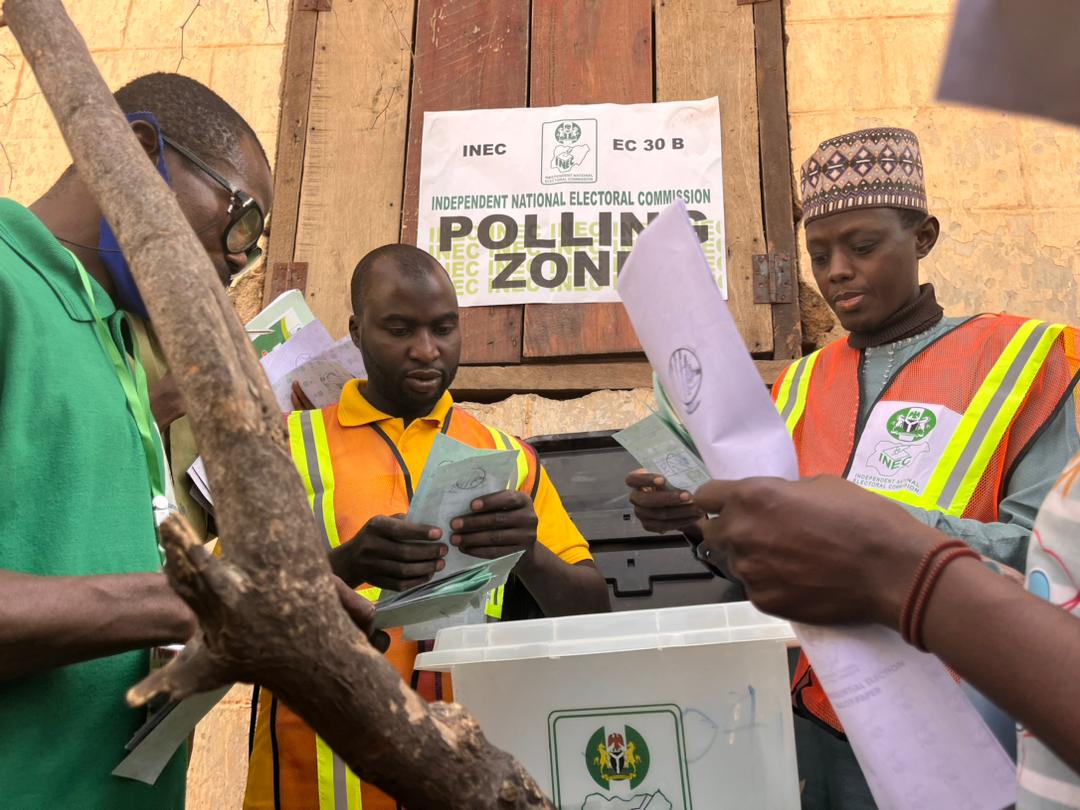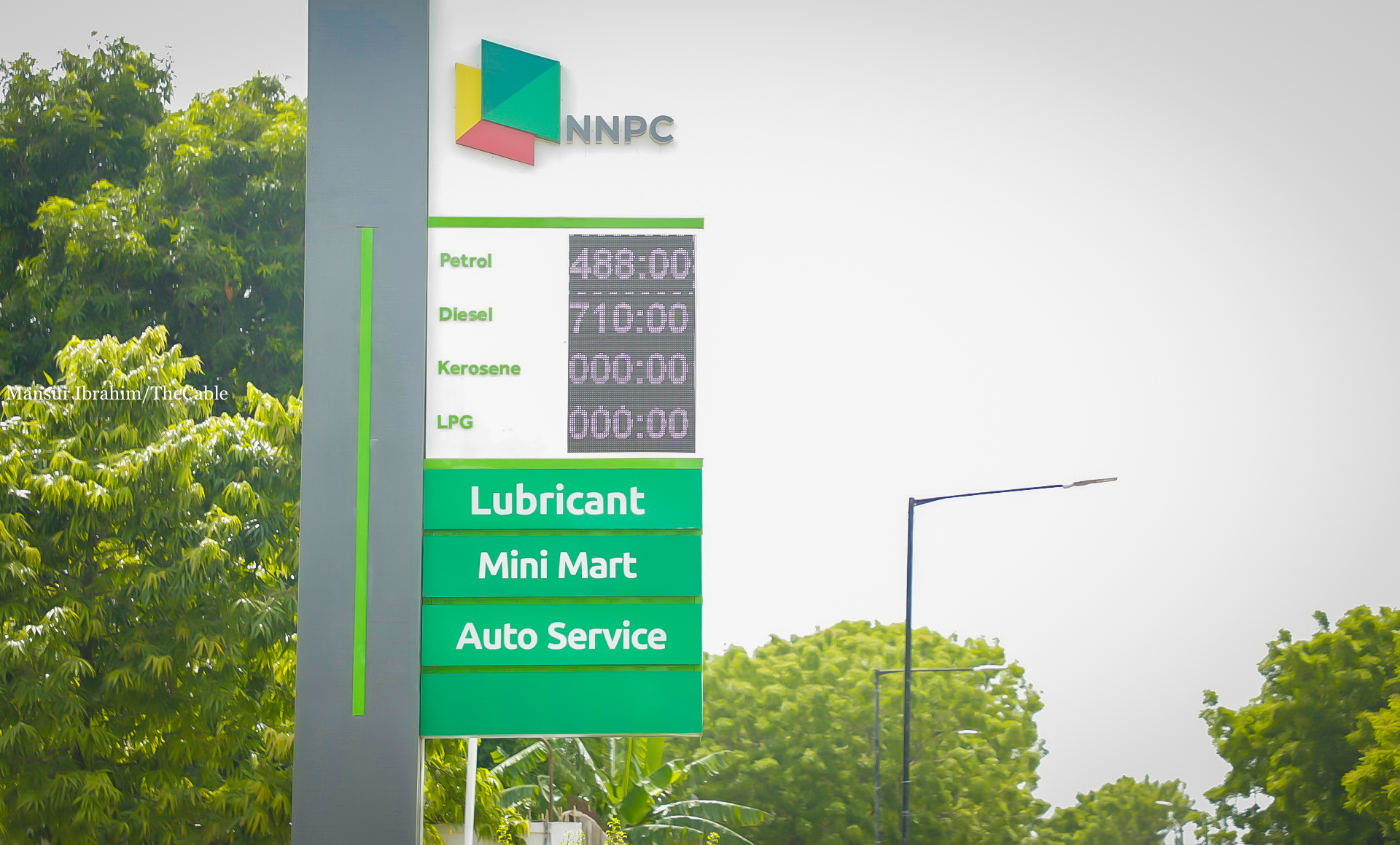BY AGIANPE ONYEMA
Nigeria’s youthful generation has come alive and is now of voting age, representing 39.6 percent (18-35 years) of the current voter distribution. In the past, this age group abstained from political participation owing to mistrust in the system. However, for the 2023 elections, things changed. There was a new confidence that votes would count, hence more people showed interest in getting registered to engage in the electoral process despite the challenges with the collection of permanent voter cards (PVCs).
Over the years, the relationship that was formed between civil society and the Independent National Electoral Commission (INEC) was one of support and building the confidence of citizens in the capacity of a historically challenged INEC as opposed to one of antagonism which had been the prevalent relationship between government and civil society. In the years that followed, INEC showed a willingness to conduct better elections and promote democratic values. The 2015 general election showed a marked improvement from what was obtainable in the past; although not perfect it was widely accepted. This further increased the support from civil society and the international community as an institution invaluable to strengthening democracy.
Past election observer reports have identified logistics, inadequate legislation, and lack of a transparent collation process, amongst others, as perennial issues in Nigeria’s elections. So, why did people think that the 7th general election since the return to democracy in 1999 will be any different? INEC seemingly took steps in addressing the issues above. A new Electoral Act was passed in February 2022 — one whole year before the election — in line with best practices.
Advertisement
The act made room for a new technological device that had a dual function — using fingerprint and face biometrics to verify the identification of voters and transmit election results sheets to a result viewing portal called IReV. The bimodal voting accreditation system (BVAS) was introduced to make the elections more credible. In the lead-up to E-Day, so much confidence and assurances were built around the BVAS as “the game changer”, raising the expectations of millions of Nigerians.
On E-Day, voters were out early and expectant. Reports of delays in the arrival of materials and staff in many states across the country trickled in. Other issues around inadequate materials in many polling units including “ink” to mark the fingerprints of voters were reported. In some polling units, voters resorted to supplying the materials their homes. Many of the voters could not find their polling units because they had been relocated during a polling unit expansion exercise carried out by INEC. Polls commenced late in many places; in others, elections did not hold due to these delays and inadequacies, causing the elections to continue the next day.
Although the BVAS performed optimally in accrediting voters which was an improvement from the few times it had been used during the state elections, it failed to transmit results sheets of the presidential elections to the IReV portal as intended, but transmitted results of the legislative elections held on the same day.
Advertisement
No explanation was given for the late commencement of polls or the delays in transmission of the presidential elections to the IReV portal – the process that was introduced to cure the lack of transparency in the collation process. Towards the end of the day, a statement was issued by INEC stating that the portal had experienced technical hitches.
In a nutshell, the elections were a poor outing by INEC and this was exacerbated by poor communication of the challenges it faced on E-Day. The hope for a credible election fell flat due to INEC’s inability to adhere to its own regulations and guidelines and a failed results management system despite the early reforms, ingenuity, and preparations for the elections.
Voter experience contributes to how they perceive the conduct of the elections and the acceptability of the outcome in line with the principles of electoral integrity. Several questions also come to mind — one of which is the role of election observer reports going forward. If recommendations of observers accredited for elections are not adhered to, what happens to the gains that had been made in the last few years?
INEC has the responsibility to rebuild the confidence of citizens in elections and the opportunity for this presents itself in upcoming state elections later this year. It is crucial to immediately carry out an honest review of the conduct of the elections in a bid to address shortcomings, communicate to the public what went wrong and dispel the half-truths in the public domain. So much support has been provided by the international community, election observers and civil society to make Nigeria’s elections better. INEC has to show commitment to democratic values and return the institution to the place of respect that it inherited, or much better, if it acts now.
Advertisement
Agianpe Onyema is the secretariat coordinator for the Nigeria Civil Society Situation Room and programme manager, elections and civics, Policy and Legal Advocacy Centre (PLAC). She can be reached via [email protected]
Views expressed by contributors are strictly personal and not of TheCable.
Add a comment






